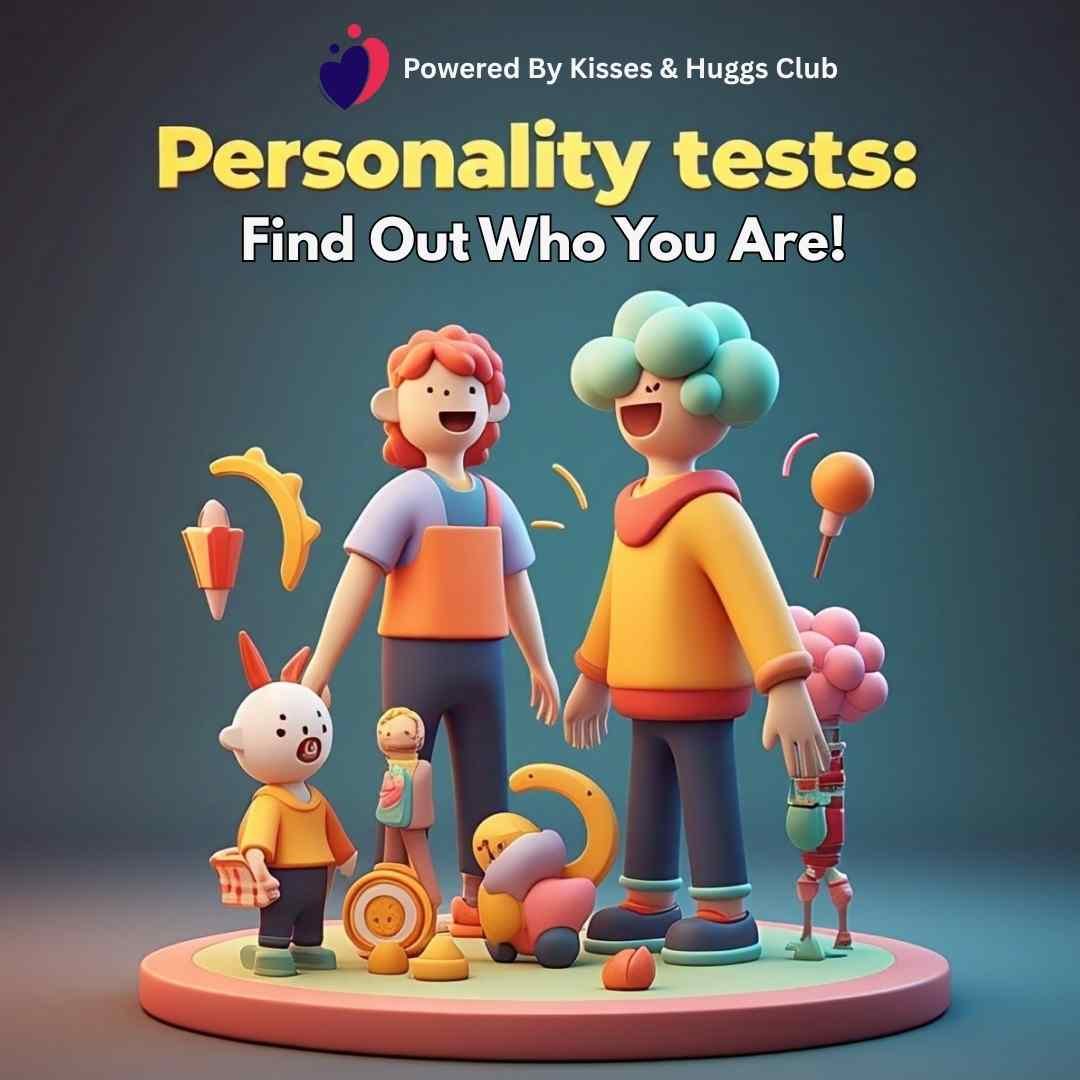Understanding Love Languages: A Christian Vibe
Alright, let’s talk about love languages from a Christian perspective. Maybe you’ve heard of them, maybe not, but love languages are a game-changer when it comes to understanding how we express and receive love. It’s not just about romance; it’s about all relationships—friends, family, church community, and yes, romantic partners. And as Christians, understanding love is a huge part of living out our faith.
What Exactly Are Love Languages?
So, love languages—what are they? Dr. Gary Chapman introduced this concept in his book “The Five Love Languages”. In a nutshell, we all have different ways of showing love and feeling loved. The five main ones are:
– Words of Affirmation (think compliments or encouragement)
– Acts of Service (helping out in practical ways)
– Receiving Gifts (thoughtful tokens, big or small)
– Quality Time (undivided attention)
– Physical Touch (hugs, holding hands, etc.)
Now, while the world talks about love languages, we’re adding a Christian lens here. Love isn’t just a feeling—it’s a practice. It’s what Jesus calls us to do, and figuring out how people in your life feel loved can help you love them as Christ loves us.
How Do Love Languages Work?
Let’s break down the love languages, with a bit of biblical flavor:
– Words of Affirmation – People who vibe with this love language light up when they hear encouragement or kind words. Proverbs 18:21 says, “The tongue has the power of life and death,” which is just a fancy way of saying words have a massive impact. Whether it’s a “thank you” or “I’m proud of you,” your words can breathe life into someone’s day.
– Acts of Service – If this is your love language, someone lending a helping hand means everything. Think of Galatians 5:13: “Serve one another humbly in love.” It could be something as simple as doing the dishes or helping someone move. It’s love in action.
– Receiving Gifts – Gifts don’t have to be expensive. It’s the thought behind them that matters. It’s like the sentiment in Ecclesiastes 3:1, where there’s a season for everything, including giving. The right gift at the right time can be a way to say, “I’m thinking of you,” in a way that really hits home.
– Quality Time – This love language is all about undivided attention. Jesus was the master of this; He spent quality time with His disciples—teaching, eating, and just being with them. Psalm 46:10 encourages us to “be still,” which can be a reminder to just be present with the people you care about.
– Physical Touch – Some people feel most connected through hugs, hand-holding, or even just a pat on the back. 1 John 4:19 says, “We love because He first loved us,” reminding us that even physical affection can be a reflection of divine love.

Jesus and Love Languages
Jesus was the king of love languages—seriously. He showed love in so many ways, whether it was spending time with His disciples, affirming others with His words, or serving others in big and small ways. One example is the story of the Good Samaritan (Luke 10:25-37), where love was shown through acts of service.
Another great example is the Apostle Paul. His letters to early Christians were filled with words of affirmation and encouragement, showing how uplifting speech can strengthen faith and relationships. These biblical examples remind us that love languages are not a new thing—they’ve been around forever.
What’s Your Love Language?
You might be wondering, “Okay, but how do I know my love language?” Great question. It all starts with self-reflection. When do you feel most appreciated? Is it when someone says something nice, spends time with you, or helps you out with a task? Or maybe a hug after a long day speaks volumes to you.
If you’re still not sure, some quizzes can help you pinpoint your primary love language. But take it a step further: Pray about it. Ask God to guide you as you discover how you best give and receive love. Understanding your love language isn’t just about personal growth; it’s also about improving your relationships with others and aligning them with your Christian values.
How to Spot Your Partner’s (or Friend’s) Love Language
Learning your partner’s or friend’s love language? It’s like unlocking a new level of connection. Have an open convo about it. Ask them, “What makes you feel loved?” or “How do you prefer I show affection?” It might feel awkward at first, but trust me, it’s worth it.
Also, be observant. How do they show love? If they’re always helping you out, their love language might be acts of service. If they love giving gifts, that might be their jam. This isn’t a one-time thing either—relationships evolve, so stay curious about how to love them better.
Real Talk: Love Languages Can Be Hard
Here’s the thing: It’s not always easy. Let’s say your love language is quality time, but your partner’s is acts of service. You might feel neglected when they’re doing things for you, but all you want is for them to just sit and talk. This can lead to frustration and unmet needs.
But don’t panic. The Bible calls us to patience, understanding, and compromise (hello, 1 Corinthians 13). Talk about it, work on it, and give each other grace. Learning to speak someone else’s love language can take effort, but it’s so worth it in the long run.
Love Languages & Family
Love languages aren’t just for couples. They’re super important in families, too. Maybe your mom’s love language is gifts, but you’ve been trying to bond over quality time. Or your sibling needs words of affirmation, and you’re focused on helping them out with acts of service. Knowing each other’s love languages can reduce family misunderstandings and make everyone feel more loved and connected.
In Christian families, love is the cornerstone. When we understand how each family member feels loved, we can create a home environment that mirrors Christ’s love—full of patience, kindness, and support.
Putting Love Languages Into Action
Ready to bring this love language knowledge into your everyday life? Here are a few ideas:
– For Words of Affirmation: Send a text with a Bible verse or a kind note. It’s a small effort that can go a long way.
– For Acts of Service: Surprise someone by helping them with something on their to-do list—whether it’s cooking, cleaning, or just being there.
– For Receiving Gifts: Thoughtful gifts don’t have to cost a lot. Maybe pick up their favorite snack or a book that reminded you of them.
– For Quality Time: Plan a no-phones-allowed coffee date or take a walk together. It’s about giving them your full attention.
– For Physical Touch: Offer a hug or hold their hand during prayer. Even small gestures make a big difference.
Final Thoughts: Love Languages Are Powerful
Understanding love languages can transform your relationships. When we get intentional about how we love—whether that’s with friends, family, or in dating—it not only strengthens our connections but also reflects Christ’s love for us.
So, what’s your next step? Figure out your love language. Learn about your loved ones. And then go out there and love people the way they need to be loved. After all, isn’t that what living like Jesus is all about?
Partnership
Giving Via Paystack
DonateCourses and Personality Tests
Join Kisses and Huggs Club New Community
123 Days Fasting and Prayers
Prayer Points and Confessions HERE



